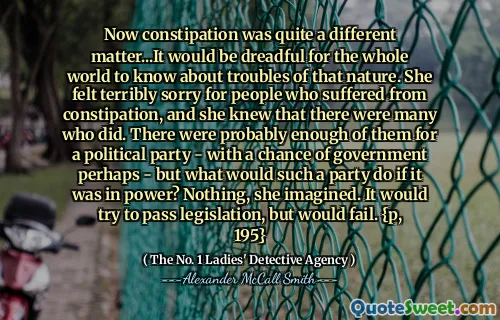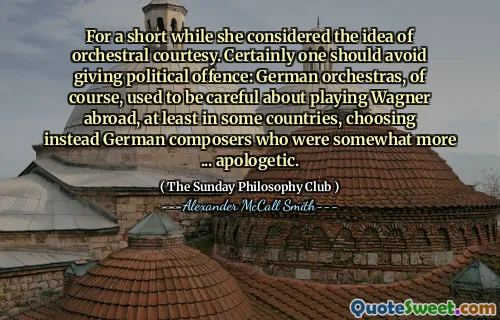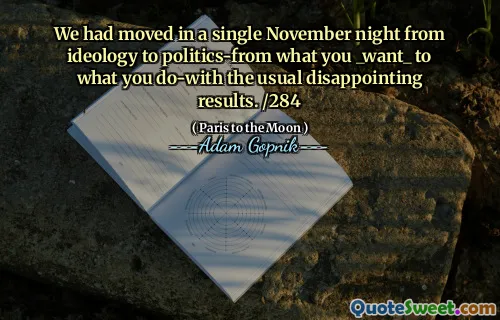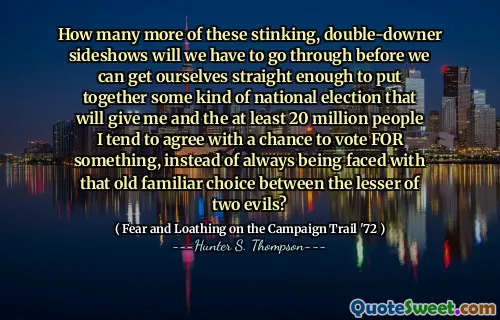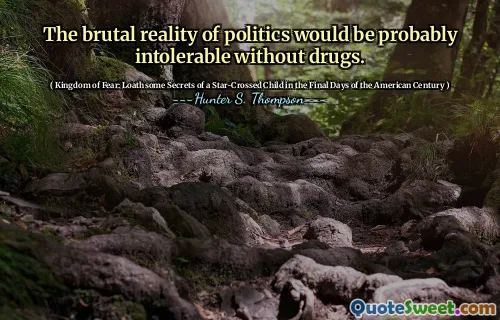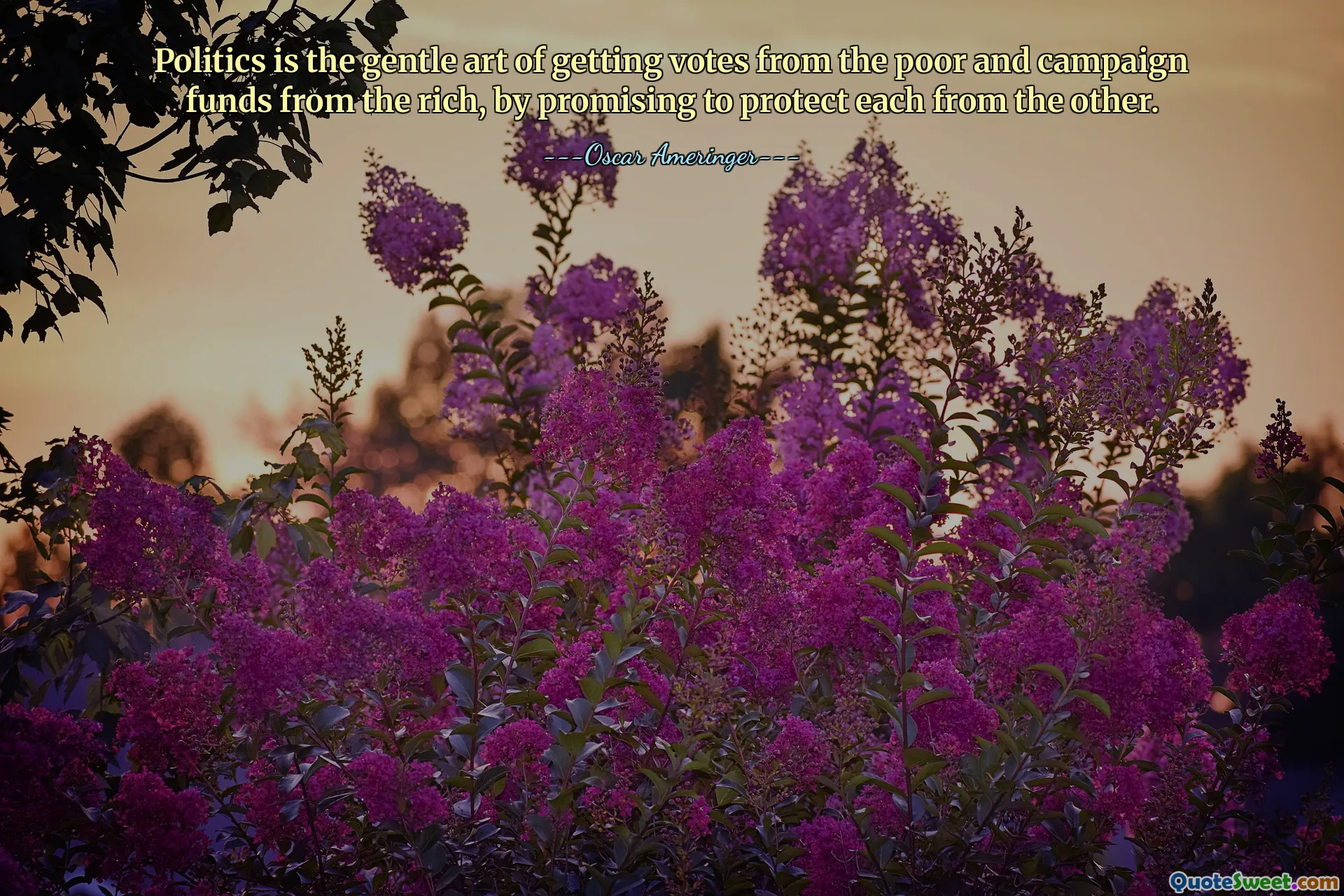
Politics is the gentle art of getting votes from the poor and campaign funds from the rich, by promising to protect each from the other.
Oscar Ameringer's quote succinctly captures a cynical yet insightful view of the political process. It highlights the delicate balancing act politicians must perform to secure support from vastly different constituencies. On one side, they seek the votes from the poor, who often require promises of protection, assistance, or empowerment. On the other side, they pursue campaign contributions from the wealthy, who demand safeguards against potential threats from policies intended to assist the less affluent. This quote raises awareness about the inherent contradictions in political campaigning – the conflicting needs, interests, and demands of different social classes that politicians must navigate.
It also underscores the transactional nature of politics, where promises of protection function as negotiation tools to win favor on both sides, even if those promises are mutually exclusive or difficult to fulfill simultaneously. The phrase "gentle art" is particularly apt, suggesting a blend of subtlety, strategy, and persuasion that characterizes political maneuvering rather than straightforward altruism or idealism.
Moreover, this perspective invites reflection on the systemic challenges in democratic governance, where competing economic interests shape policy outcomes and electoral strategies. It can inspire skepticism about politicians' intentions but also sheds light on the complexities involved in addressing social equity through political means. Fundamentally, it questions whether true protection and justice can be delivered to both groups when their interests inherently contradict each other, prompting listeners or readers to think critically about political promises and the nature of representation.






